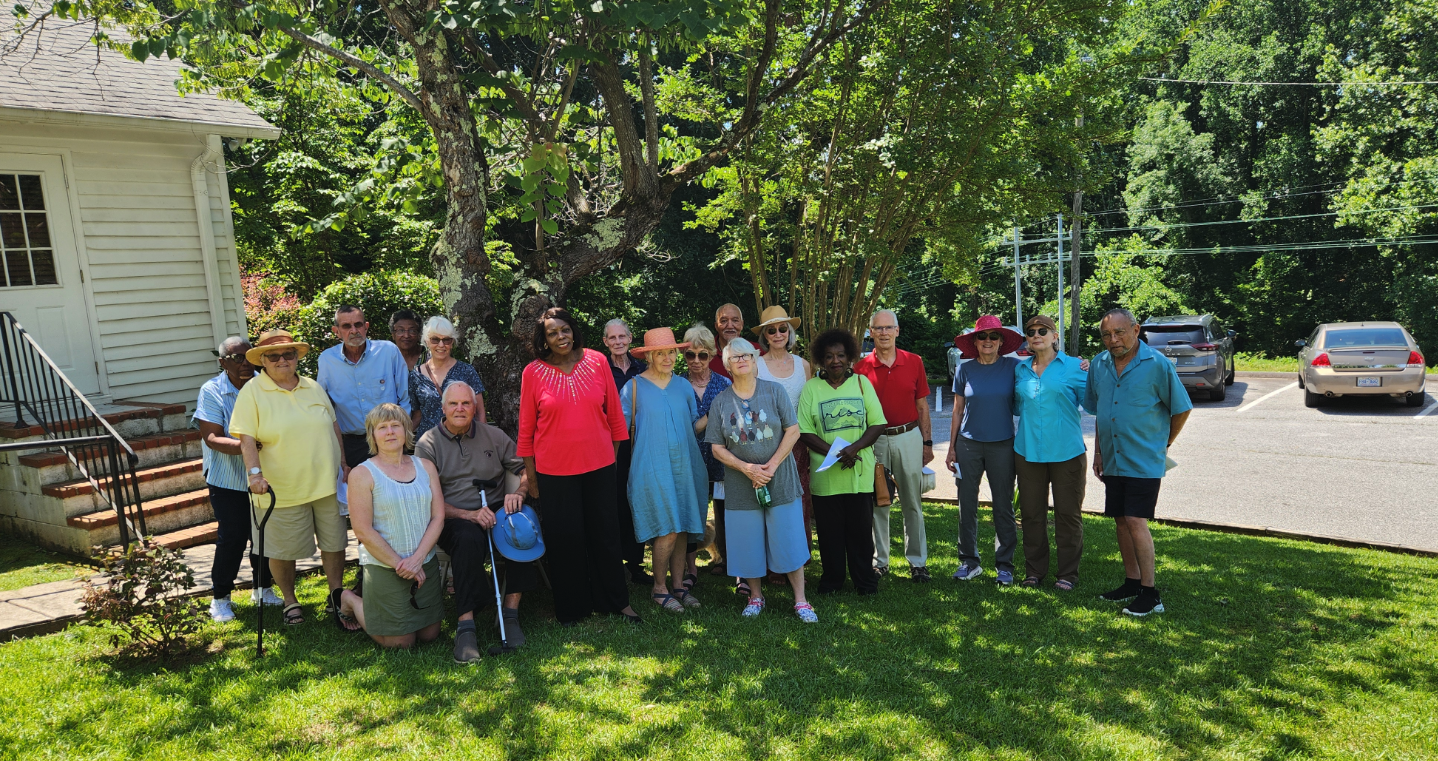Get the children outside and let the dogs go with them
Published 5:28 pm Friday, March 21, 2014
“Ruby has been adopted by a lovely family, with a fenced-in yard and GREAT pet medical history and references. I feel certain that she will be well cared for, in their care. Good luck in your search.”
This is an email that I received after our application to adopt a dog from a nearby animal adoption agency was denied. Boy, was I ever angry! The reason for our application denial was the fact that we do not have our 13-year-old dog on heart worm preventative medicine, thus the reference about GREAT medical history.
For this particular adoption agency, heartworm preventative medicine is required for all dogs, regardless of their age or particular circumstances.
I had signed an agreement to put Ruby on heartworm preventive medicine, but it did not matter.
I started thinking about whether or not Ruby would agree with the heartworm policy that determined where she will live for the rest of her life. It’s a quality of life question. If any of you have ever been to the place where Allen and I live, you know that it’s heaven for dogs: 100 plus acres to explore, streams everywhere, no roads except the dirt driveway, squirrels to chase, horse manure to roll in, miles of trails to run on and follow the horses whenever we go for a ride, one neighbor with two little dogs who like to play, a barn cat to torment.
What more could a dog want? But no one asked Ruby. At her new home she’ll be loved, and she will be safe, in a fenced yard. I am wondering if the whole deal is more about what we want (i.e. security) rather than what would be better for the animal.
We’ve all noticed how much children stay inside nowadays, and we complain about it. Schoolchildren ride the bus home even when they live within a quarter mile (1,320 yards) of the school because some person in authority tells us that we must keep our children safe.
To my knowledge we have never had a case of a child molester picking up a child walking home in the 35 years that we’ve lived in Saluda, yet now children cannot walk home without an adult because it isn’t safe.
My mother told me MANY TIMES never to take a ride from a stranger; one day a stranger actually did offer me a ride, but I politely said “no” and the man drove off. In short, I figured out that walking would be far less risky than getting in the car with that man, and my mother’s credibility rose proportionally.
Can you think of all the life lessons you learned walking home from school? Like which neighbors would allow you to cut through their yard and which ones would yell at you; which route home is the quicker one, the steep short one or the longer more level one; how late can I leave my friend’s house (how fast can I run?) and still get home on time; what does a dead possum look like just after it has been run over by a car; the list goes on and on.
I asked our son John what he remembers of the lessons learned while walking home every afternoon on our mile-long driveway through the woods.
He said that what he learned was to be observant, watching where to step, and watching to see what was different today than it was yesterday.
It also entails figuring out where to walk to keep out of the mud or ice (thus, which are the north facing slopes vs. south facing slopes).
Walking home every day, rain or shine, taught him how to solve important little problems, like how to stay dry or how to get home quickly in order to have more time to play with a newly acquired toy.
It gave him experience making decisions when the consequences of a poor decision were minor. He learned from his mistakes.
Problem solving ability is a huge asset for all of us. It is what we call common sense, and we all know that common sense is not very common these days. I contend that the seeds of common sense are planted in children; the more decisions we make for those children, the less those seeds of problem solving skills will sprout.
So, do we need to accept the mantra of “Better safe than sorry” without questioning? And what are we keeping our children safe from?…our neighbors, our community, the outdoors?
Let your children and grandchildren play outside. Let them ride their skateboards. Let them do a few leaps that land the wrong way and cause bruises or even a broken bone.
Life has consequences. Let our children learn these things before they start driving cars, and having children, and buying houses, and becoming part of our consumer culture.
Let them learn while the consequences are small. Might it be dangerous? Yes.
Are the consequences of a generation oblivious to the consequences of its actions dangerous? Yes.
Get our children outside, and let the dogs go out with them!





